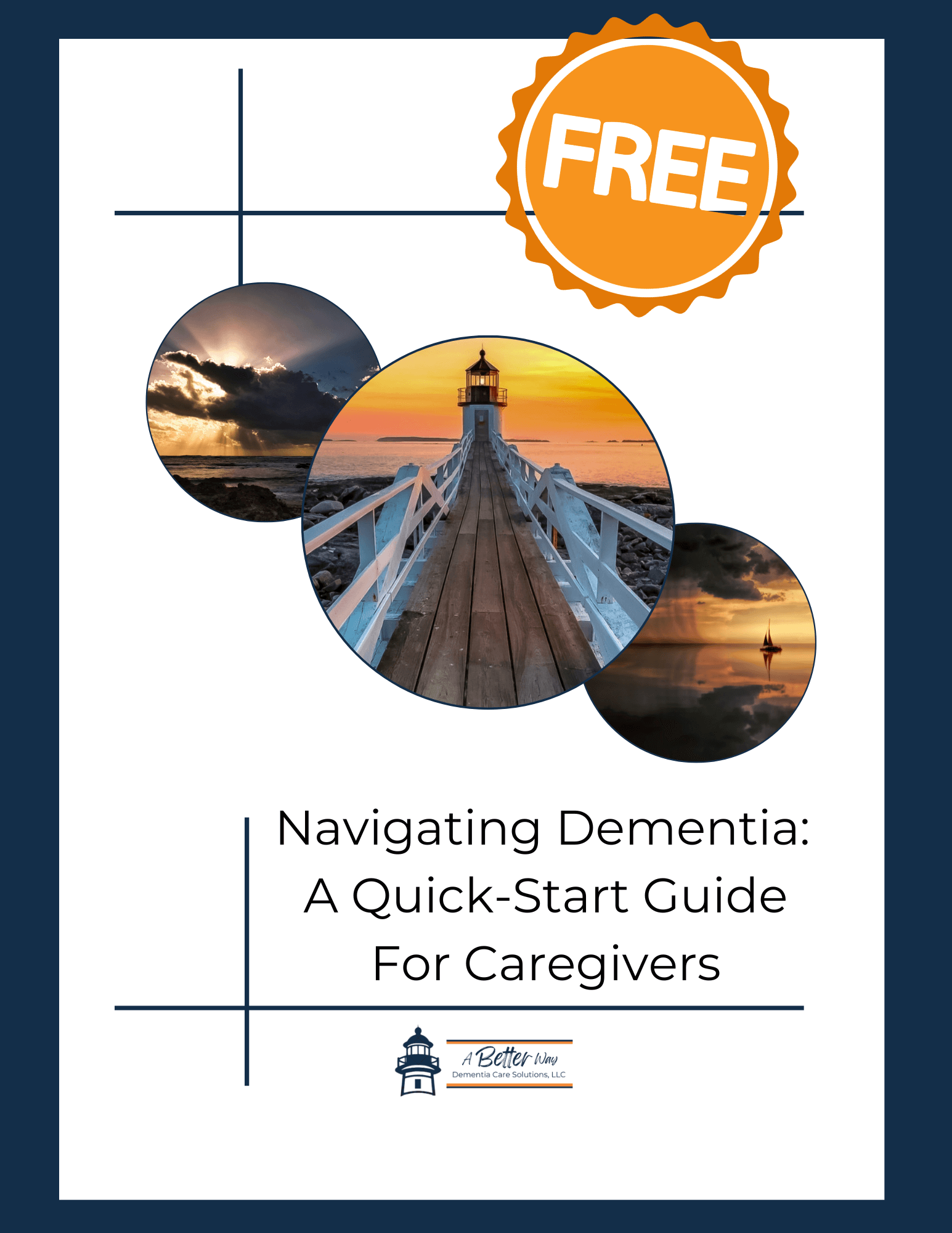
Dementia is not an immediate condition but develops over time, with early changes often mistaken for normal signs of aging. Recognizing these early indicators is crucial for caregivers as it allows for timely planning and intervention that could significantly improve the quality of life for those affected. Understanding and identifying persistent changes in memory, thinking, or behavior are key steps in addressing potential dementia.
Various signs, such as frequent memory loss that disrupts daily life, difficulty in finding words, and problems with planning and problem-solving, can suggest early dementia. Other indicators include confusion with time or place, misplacing items, poor judgment, withdrawal from social activities, mood changes, trouble with familiar tasks, and shifts in vision and spatial awareness. As a caregiver, acknowledging these signs is the first step toward seeking medical advice and planning for the future.
If you observe these changes, it's important to take concrete actions such as scheduling a doctor's visit for an early evaluation, keeping a detailed symptom journal, and having supportive conversations about the changes noticed. Planning for the future is also essential, involving discussions around legal documents, financial plans, and care preferences. By taking these proactive steps, caregivers can better manage symptoms and ensure that the people they care for receive the necessary support and resources.
Read more...
As a caregiver, understanding dementia is key to providing compassionate, effective care. Dementia isn’t a single disease but a collection of symptoms that impair memory, cognition, and behavior. From Alzheimer's to Lewy body dementia, each type presents unique challenges. By learning about the specific type of dementia the person you care for is experiencing, you can tailor your approach and set realistic expectations for their journey. Explore practical caregiving tips, resources, and essential tools to help you navigate this evolving condition with greater confidence and empathy.
Facing the possibility of dementia is daunting, but obtaining a diagnosis is a crucial step for understanding and managing cognitive changes. This clarity can reduce anxiety, provide relief by explaining symptoms, and ensure access to appropriate treatments tailored to the specific type of dementia. Early diagnosis also opens avenues for treatments and therapies that are more effective in the initial stages.
A dementia diagnosis allows for essential future planning, including legal, financial, and long-term care decisions, ensuring the wishes of the person affected are respected. Additionally, it provides access to a wealth of resources, such as support groups and specialized medical care, which can make caregiving more manageable. The diagnosis can also offer opportunities to participate in clinical trials, contributing to advancing dementia research and potentially benefiting from new therapies.
Overcoming the fear of diagnosis by focusing on empowerment, seeking support, and remembering that you’re not alone can make the process less intimidating. Ultimately, a dementia diagnosis is a pivotal step in taking control of the situation, opening doors to vital treatments and support systems that can significantly improve the quality of life for all involved. Knowledge truly is power in navigating this challenging journey.
Read more...


